Beyond Champagne Problems: Inherited Wealth, Internal Battles
Wealth, for all its advantages, casts shadows rarely discussed.
Shadows that often reveal themselves in the quiet spaces of privilege.
Beyond the relentless pursuit of success or the fear of failure lies a subtler, yet equally challenging truth…social isolation.
For many affluent individuals, especially rising generations, the authenticity of relationships becomes a constant question.
The doubt whispers: Do they see me, or do they see my status and wealth?
Over time, this internal dialogue takes root, reinforced by societal judgments and the dismissive label of "champagne problems."
You’re told that your struggles aren’t valid.
That wealth should shield you from pain, uncertainty, and complexity.
But as I’ve witnessed time and again, affluence doesn’t only insulate—it isolates.
For next-gen inheritors, the burden is layered.
Society celebrates those who create wealth but often diminishes those who inherit it. This cultural bias subtly invalidates your existence, sowing seeds of doubt about your legitimacy and self-worth.
This doubt doesn’t merely linger; it grows. It influences how you see yourself and how you engage with the world.
You might feel compelled to overcompensate, striving to exceed the achievements of those who came before you. Or, alternatively, you may set your bar so low that you dismiss your potential entirely.
Both responses, though opposite in nature, stem from the same internal battle: Am I enough?
The weight of navigating this privilege often leads to disconnection—not just from others, but from your true self.
For some, the disconnect manifests as a dual life.
You share a curated version of yourself with friends, carefully hiding your affluence and family background. The shame tied to your wealth creates an ever-present fear of exposure, robbing you of the ease that authentic relationships provide.
And while others might assume your life is effortless, the labyrinth of internalized expectations and societal perceptions can leave you grappling with overwhelming loneliness.
These challenges aren’t something you can bring to your wealth manager or board of trustees.
They’re not about balance sheets or financial strategy—they’re about identity, belonging, and self-acceptance.
The truth is, untangling these feelings requires more than technical expertise.
It demands empathy, understanding, and a safe non-judgmental space to explore the complexities of your narrative.
Many of my clients come to me at this crossroads, seeking to navigate the complexities of privilege, perception, and self-worth.
They’re not looking for validation from society—they’re searching for something far more meaningful: the freedom to live authentically.
This journey isn’t easy.
It requires unraveling deeply rooted narratives and replacing them with truths that honor both your affluence and your humanity.
But the reward? A life where wealth no longer defines you, but rather becomes a tool for living your fullest, most genuine expression.
To anyone carrying the weight of these struggles, know this, you are not alone.
And you don’t have to navigate this in solitude.
The path forward is one of mentorship, self-acceptance, and deep inner wealth work.
It’s about reclaiming your narrative—your true narrative—and allowing your past, present, and future to coexist in harmony.
Because wealth, at its best, isn’t just about what you have, it’s about who you become.

